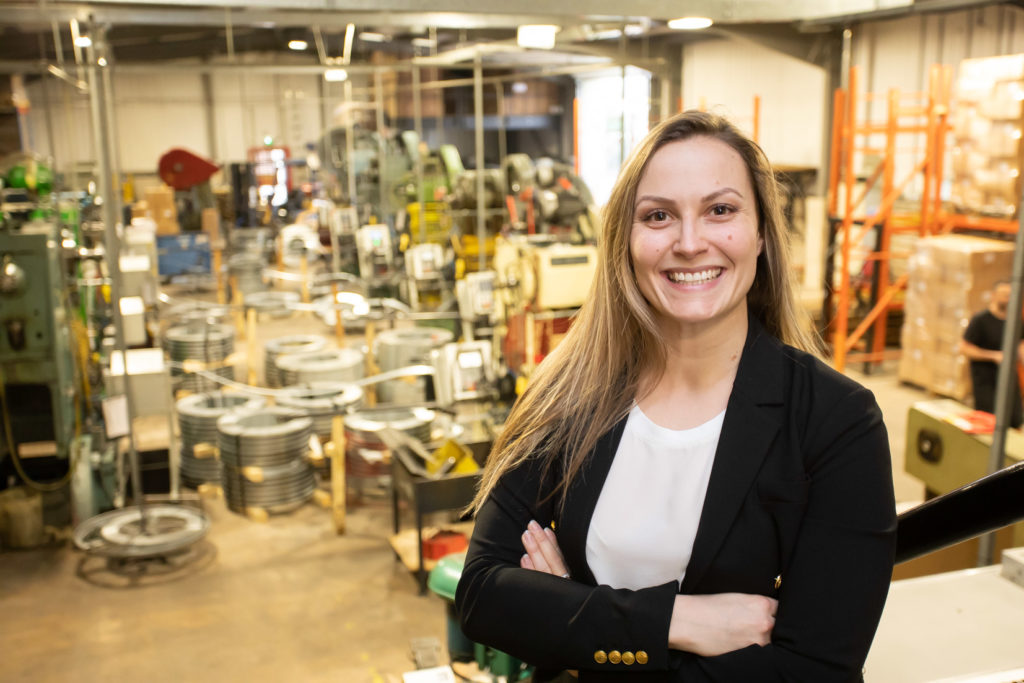- People
- Expertise
Our expertise
We are a team of more than 500 professionals, with the depth of experience which makes us genuine experts in our fields. Together, gunnercooke’s people have strength across just about every corporate discipline and sector. We provide legal, commercial and strategic advice that delivers real value to the clients we work with, which span from multinational enterprises through to unicorns and non-for-profit organisations. Our breadth of expertise covers some of the most interesting and important emerging disciplines, from ESG and charity law, to blockchain and competition.
Search by practice areaDispute ResolutionDispute Resolution OverviewMeet the Dispute Resolution TeamIntellectual Property DisputesFinancial Services & FinTech OverviewProceeds of CrimeEmployment TribunalTax InvestigationProperty Dispute ResolutionInsolvency DisputesMediationCivil Fraud & Asset TracingHealth & SafetyBusiness Crime & InvestigationsLitigation & ArbitrationInternational Arbitration - International
International Offices
The gunnercooke group has 15 main global offices across England, Scotland, the US, Germany and Austria, with further plans for growth in the coming years. These offices enhance the existing in-house capability of our dedicated international teams and dual-qualified experts that cover Spain, France, Italy, Portugal, Brazil, China, India, Poland and Hungary. Our team have clients across 123 jurisdictions, speak 46 languages and are dual-qualified in 21 jurisdictions. Our expertise means we can offer large teams to carry out complex cross-border matters for major international clients.
- Our story
Our story
gunnercooke is the fastest growing corporate law firm in the UK, now making its mark globally. We comprise a rapidly growing number of experts spanning legal and other disciplines. Clients benefit from flexible options on fees to suit their needs, access to a wider network of senior experts throughout the relationship, and legal advice which is complemented by an understanding of the commercial aspects of running a business.
- Reading Room
- News & Insights

People-centric workplaces, a four day week and the new normal
As employers start to enter a new phase of post Covid normal, Joan Pettingill, Partner in Employment Law at gunnercooke LLP interviews Laura Clarke, Managing Director of Chilwell Products in Derbyshire about what this means for the company and their staff.

Credit: Rob Finney
Chilwell Products prides itself on being the U.K’s largest manufacturer of scaffold board end bands, and nail plates made to specific customer requirements and has been a family run business since 1977 when it was set up by Laura’s grandfather. The company has recently embraced a 4-day working week as its new normal. Joan Pettingill asked Laura Clarke more about this as a four-day week might be more associated with google than manufacturing:
Q: When did you start thinking about 4 day a week working for employees?
A: This idea began way back in Summer 2020 – we were rolling out the new equipment across all of our production lines and when going over the capacity analysis. I started looking at the figures and how if we lost an hour or 2 that would affect us. We only worked a half day on Friday (7:30am – 12:30pm at the time) so the idea stemmed from this. Even dropping 5 hours on the Friday would leave us with 22% additional capacity from where we were prior to the investment in equipment doing 39 hours.
Q: How did you go about making the decision to switch?
A: I began thinking about possible hurdles and barriers we might be met with and how we could overcome them. I then started to share my idea with the team, asking them for their input and feedback, highlighting any concerns they may have. We did a trial month last year to check there were any unforeseen challenges. Lead times were unaffected and we maintained our level of service. This proved successful and we began the new working week in January after the Christmas break.
Q: What if any challenges have there been and how have you handled them?
A: Challenges were surprisingly limited. Ensuring any customer concerns were answered and reassured was probably the biggest challenge but we do have a good relationship with many of our customers. Most of our customers expressed they haven’t noticed a drop in lead times or service they have received. If anything it has improved from where we were before the equipment investment.
Q: How has 4 day a week working been received by staff and customers?
A: I think the staff wanted to initially check there were no catches to this, that they wouldn’t miss out. Checking it wasn’t a trade off of time and money. Essentially staff now work 34 hours instead of 39 hours, but receive 39 hours worth of pay. It’s equivalent to almost a 15% pay rise. We had many open discussions to ensure any questions were answered and that everyone understood how their new working week would work. But generally, they had a positive response to this, asking how they could help to bring it into effect and assist with the change. It took some time to adjust to this year as well. Even for myself the first month or so was very bizarre, despite it being my idea.
Some customers and suppliers have sung our praises in what a fantastic idea they think it is – even asking if they can work for us! I know there will be skeptics within our industry, but I would hope with our continued levels of service and short lead times that I have been able to prove the move to be a positive one for all. If we can keep our customers happy, provide a healthy work rest balance for the people that work here, whilst still having additional capacity for new custom then I see no reason for this to be a detrimental move and surely can only be a positive step.
Q: Were there any issues that cropped up that you didn’t foresee, or benefits that have arisen that you didn’t anticipate?
A: Perhaps one I overlooked slightly was my own work schedule! Which I know perhaps sounds ridiculous, but I spend a lot of time trying to consider others and their challenges, I’m a people centric manager. It’s certainly made me reflect and review how I spend my own time at work, how efficient I’m being day to day etc. But I do spend additional time here and there outside of the “work hours” doing work, but it is generally something I enjoy. I’m just mindful of that work-rest balance for myself too.
One big benefit is the savings in energy costs being operational 5 fewer hours, we knew this would be a benefit but with recent cost rises it’s proved to be more significant than originally thought. So that’s a lovely bonus.
Q: If you were doing it all again, would you do it the same way or differently?
A: I think I would do it the same way again. We took a lot of time to decide it was the correct move for the business. I didn’t want to do it, then change it back again. And as we scale and grow in the future it will still be with the same work-rest balance in mind, for me it’s part of the ethic I’m creating here. We still have additional capacity and that’s without doing overtime. Should we require additional capacity and need to accommodate customer expectations I would look to invest in other solutions primarily, working smarter, more efficiently, better equipment etc all before looking to increase working hours. More hours worked doesn’t always transfer into a more effective team, we are all human and can only do so much.
I think the biggest take away is that investing in our people should be more of a priority in businesses. We bend over backwards for customers; we invest in machinery and software to help us be as efficient as possible. But for some reason it seems many businesses don’t want to invest to the same scale in their people that are at the heart of the company. To me it’s logical and should take just as much of a priority.
A 4-day work week doesn’t work for every industry, there is no one size fits all, some people prefer to work more, some less! But I do believe we need to offer what we can for better work rest balance and have serious investment into how that is done. Not just small token gestures that are more like putting a plaster over the cracks in a wall.
To discuss this further please contact Employment Partner Joan Pettingill.






